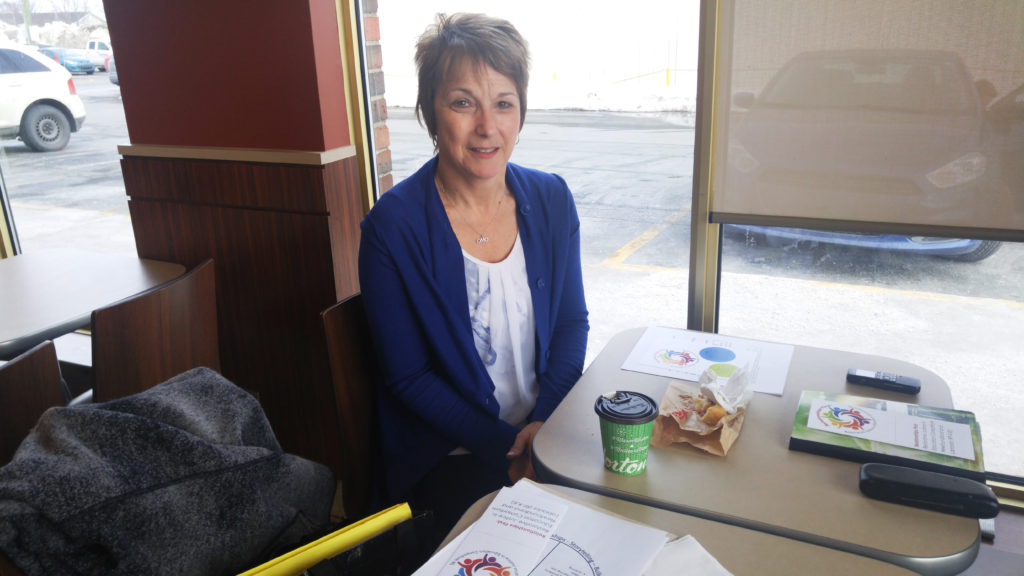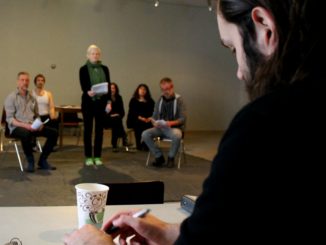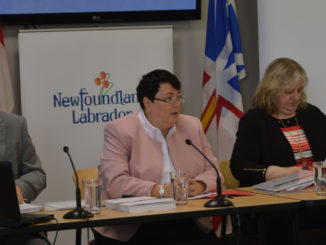Sharing circles in schools proving to be a success.
Jason Sheppard
Kicker
In August 2012, 17 educators spent two weeks learning and understanding as part of an initiative called Relationships First: Restorative Justice.
Roxanne Skanes was one of the instructors who took part.
Skanes was then hired on as principal at Coley’s Point Primary School in Bay Roberts, which teaches students from kindergarten to Grade 3. When she introduced Relationships First, she brought an nurturing approach with her. Staff told Skanes she was the piece that had been missing.
“They said somebody must have just dropped you in here because that’s what we needed,” said Skanes with a laugh.

The Restorative Justice Consortium In Education was created in 2014 and although some may call it a program, Skanes says it’s not that at all.
“It’s not a program – it’s a way of living,” she said. “It’s all about building trust.
“We’d all sit in a circle and we’d all share one detail such as ‘What’s your favourite ice cream?’ Every child gets the chance to share. Then they make connections through their similarities.”
Skanes says this originates from sitting circles that can be traced to the Mi’kmaq, who believed in sitting together, talking and sharing.
Skanes brought with her the tools she learned in restorative justice to help build relationships among children, other teachers and parents.
This initiative was implemented by Skanes on her own accord, without assistance from the Newfoundland and Labrador English School District. Now, it supports the initiative.
“I was the guinea pig,” she said.
Out of the 17 who participated in the 2012 session, Skanes was the only one who introduced it at an administration level.
An issue Skanes faced early on was one concerning bus drivers and their frustrations when transporting difficult children.
“I had a circle with bus drivers. We sat down with these big, burly men; (we) invited them in and had a chat. One bus driver was close to quitting,” she said. “It’s about hearing the other side of the story.”
Skanes says after the circle chat, the driver stayed on. In fact, four years later, he’s still driving children.
At St. John’s Gonzaga High School, principal Krista Vokey has also used restorative justice and says the response to the initiative has been very positive so far.
“It has had a great impact with teachers reaching out to students,” Vokey said.
Skanes says children now actively come to her for what she calls a CHAT – Caring Heart Awareness Talk. If one child is bothering another, she will sit them down together to talk about it.
“Research shows that at two or three years old, children start to feel and notice feelings. They start to realise they could hurt somebody by what they just did,” Skanes said.
When two children have a conflict, Skanes invites them to talk over the issue.
“If you’re treating everybody as humans, it doesn’t matter who you are.”



